What are good fats?
What are good fats? We’ve asked the experts what they think.
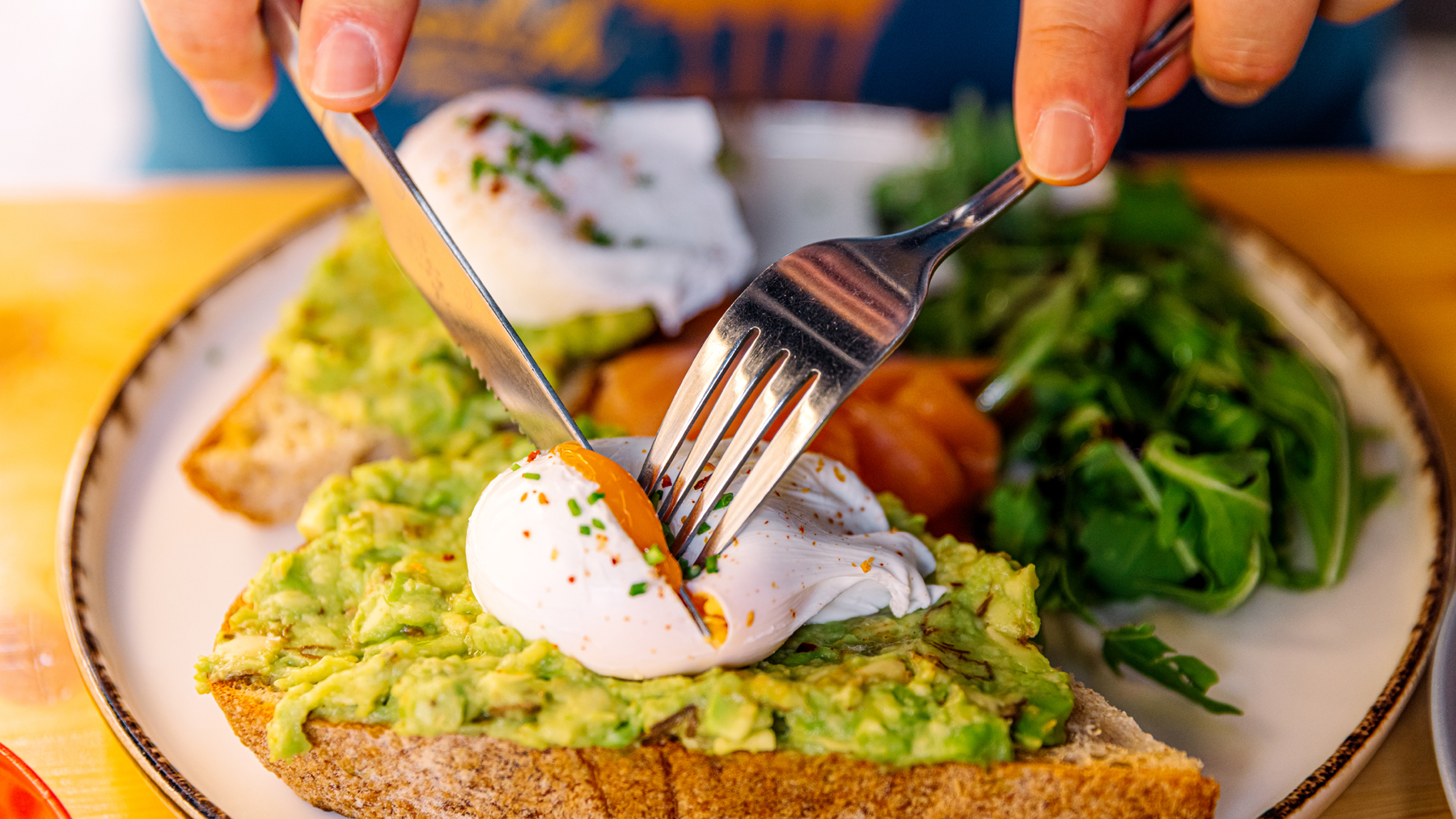
What are good fats and why do they matter? While fat is often cast as the villain in many weight loss stories, there are many different types that serve various purposes within our bodies.
While you might think that cutting out fat entirely could help you to reach your weight loss goals, we actually need a certain amount of dietary fat to help us absorb some vital vitamins such as these 10 foods that are rich in vitamins. Fat helps to keep our brains running properly, and some types of fat even keep our livers healthy by redistributing ‘bad’ cholesterol when it builds up. We can’t make fatty acids like omega-3 and omega-6 in our bodies, so it is important to ensure that we are getting enough from our diets.
If you want to boost your omega-3 intake, investing in some of the best fish oil supplements is an easy way to increase your intake.

Dr Margarita Kitova-John is a functional medicine practitioner and NHS GP, specializing in Women's health, Gut Health and auto-immune conditions.
Following over a decade working as an NHS GP, Dr Margarita was fascinated by the combination approach of traditional medicine alongside understanding illnesses at the root cause as opposed to just the surface of symptoms. As a result, Dr Margarita founded The Lantern Clinic. A functional medicine clinic specializing in improving patients all-round health and understanding the underlying causes that are often present when suffering with health concerns.

Jess Hillard is a nutritionist with a degree in Nutrition BSc from Oxford Brookes University. Her passions are in sports nutrition, having competed in Tetrathlon for Southern England and now taking up Triathlon, which she is currently training for this season. Her initial interest in Nutrition sparked from an injury caused by over-training. Education into using food to aid recovery helped her overcome the injury and realize how important it is to fuel sufficiently as an athlete. Since becoming a nutritionist, Jess has the ability to help others with the same issues and compete at their best in their chosen sport.
What is the difference between good fats and bad fats?
We’ve spoken to leading sports nutritionist for Warrior, Jess Hillard, who outlined the difference between good and bad fats for us. “The terms ‘good’ and ‘bad’ fats relate to unsaturated and saturated fats. Unsaturated fats are classed as ‘good’. They contain polyphenols, omega 3 and 6, all contributing to heart and brain health,” she says. “Saturated fats are thought of as ‘bad’. Too much of this can cause cholesterol build up in the arteries due to it raising the low-density-lipoprotein (LDL) cholesterol. This build up can lead to heart disease, deep vein thrombosis and type 2 diabetes.”
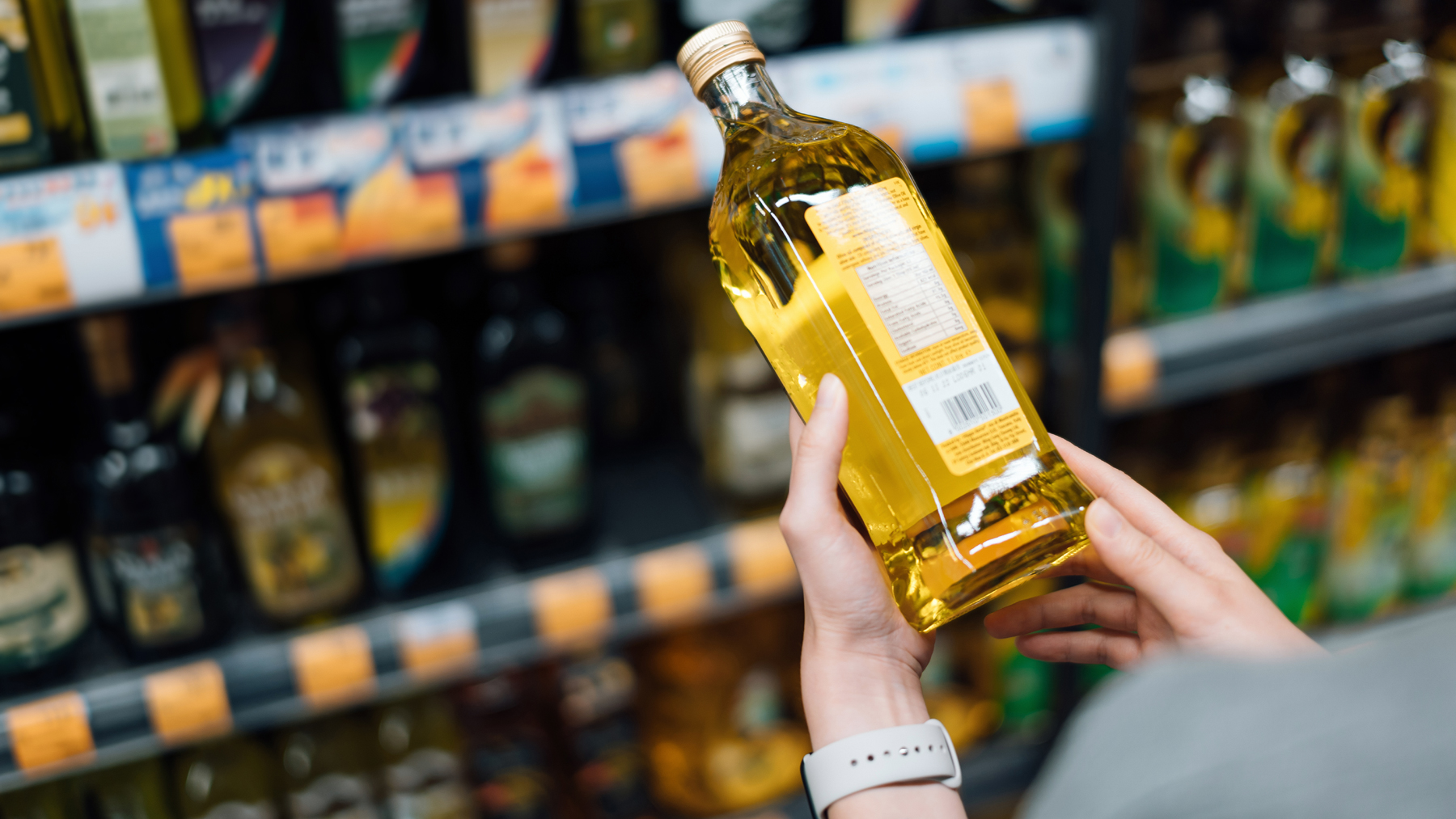
Bad fats
Is saturated fat bad? When we talk about ‘bad fats’ we usually mean saturated fats or trans fats. Overconsumption of saturated fats is a real problem and one of the leading causes of obesity and related conditions in adults according to a study in the International Journal of Molecular Sciences.
We spoke to the founder of The Lantern Clinic and NHS GP, Dr Margarita Kitova-John, who further outlined which foods contain bad fats: “Saturated fats are mostly animal fats, usually found in high fats meats and dairy products. Consuming too much of them can increase the LDL (dangerous) fat levels and unbalance the lipid metabolism. They include:
- Fatty cuts of beef
- Pork and lamb
- Dark chicken meat and poultry skin
- High-fat dairy (cream)”
Trans fats are created when vegetable oils are heated and hydrogenated to make them solid (and spreadable) at room temperature. An article in the American Journal of Clinical Nutrition indicates that we can effectively reduce inflammation within the body by phasing out trans fats over time and returning to fats in their unprocessed form. Inflammation is a known risk factor for the development of cancer and chronic diseases and doctors will often look for inflammatory markers when trying to diagnose someone.
Get the Fit&Well Newsletter
Start your week with achievable workout ideas, health tips and wellbeing advice in your inbox.
Dr Kitova-John explained why trans fats are considered to be so bad. “Trans fats are short for ‘trans fatty acids’ and appear in foods that contain partially hydrogenated vegetable oils,” she says. “Industrial seed oils are the highly processed oils extracted from soybeans, corn, rapeseed (canola), cottonseed and sunflower and safflower seeds. After the seeds are gathered, they are heated to extremely high temperatures to oxidize the fatty acids. This creates by-products that are harmful to health. Industrial seed oils are high in trans fats and are far from the “healthy” label they carry. Several chronic inflammatory diseases are associated with their regular consumption.”
Good fats
The fats we think of as ‘good fats’ are unsaturated fats, both monounsaturated and polyunsaturated, which includes all-important omega-3 and omega-6 fatty acids. Consumption of monounsaturated fatty acids has been shown to lead to positive cardiometabolic outcomes, according to a 2021 study in Nutrients journal. It is worth noting that you need to eat polyunsaturated fatty acids, omega-3 and omega-6 in balance with one another to reap the full health benefits. A study in Biomedicine & Pharmacotherapy found that overly high levels of omega-6 (without enough omega-3 to balance them out) can contribute to the development or worsening of cardiovascular diseases, cancer and inflammatory diseases.
What is considered a healthy fat?
Monounsaturated and Polyunsaturated fats are considered healthy and are actually an important part of our diets, as they help us to absorb fat-soluble vitamins A, D, E and K. They also contribute to the moderation of ‘bad’ and ‘good’ cholesterol in our bodies. The promotion of HDL cholesterol - or ‘good’ cholesterol may reduce overall inflammation in the body, making it potentially cardioprotective, according to a review in the Annals of the New York Academy of Sciences while LDL cholesterol may promote inflammation.
Monounsaturated fats are found in vegetable oils, avocados, nuts, and seeds. You can get Omega-3 from oily fish, egg yolks and some nuts and seeds, and Omega-6 can be found in nuts, seeds, and some legumes. If you are worried about getting enough Omega-3 on a plant based diet, you can always supplement: have a look at our roundup of 7 essential nutrients vegans often lack.
Dr Kitova-John gave us an overview of the best sources of mono and polyunsaturated fats. “Monounsaturated fats are most commonly found in olive oil, peanut oil, and sesame oil. Research has consistently shown that they can help reduce cardiovascular risk and level cholesterol,” she says. “Polyunsaturated fats are known as “essential fats” because the body cannot produce them and needs to get them from food. They include:
- Salmon
- Herring
- Sardines
- Trout
- Walnuts
- Flaxseed
- Chia seeds”
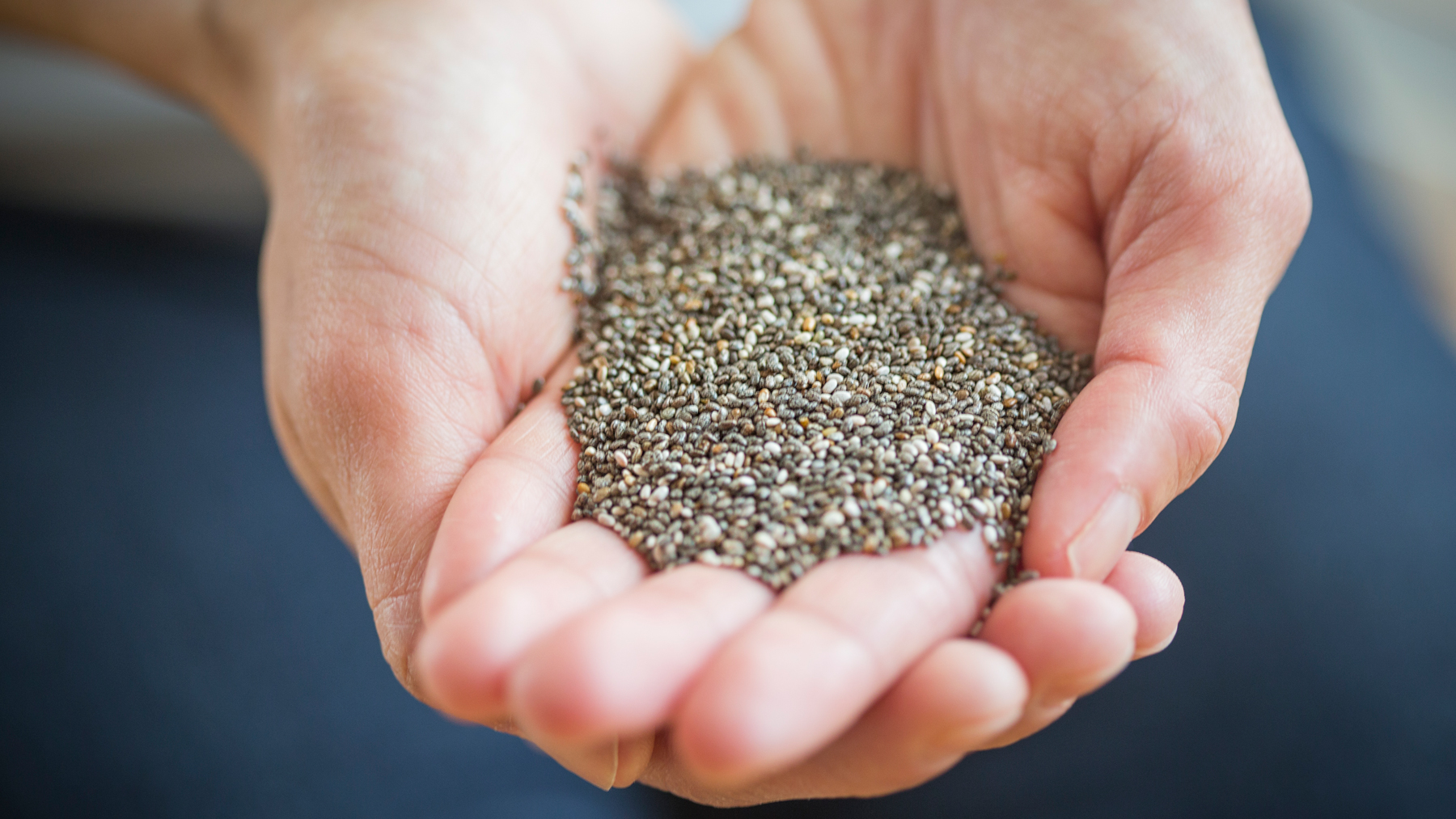
Will eating healthy fats make you gain weight?
While healthy fats are in general good for you, they are still calorie-dense and should be consumed in moderation, as like all fats, they contain 9kcal per gram. Carbohydrates and proteins are much lower in calories, with 4kcal per gram, so you can see how over consuming fats can affect your weight much faster than over consuming carbohydrates or proteins.
Hillard advises the ideal amounts of some foods rich in good fats. “All foods should be eaten in moderation and as part of a balanced diet,” she says. “A teaspoon of olive oil, a thumb of nut butter, 2-3x portions of oily fish per week… these are great quantities to add to the diet.”
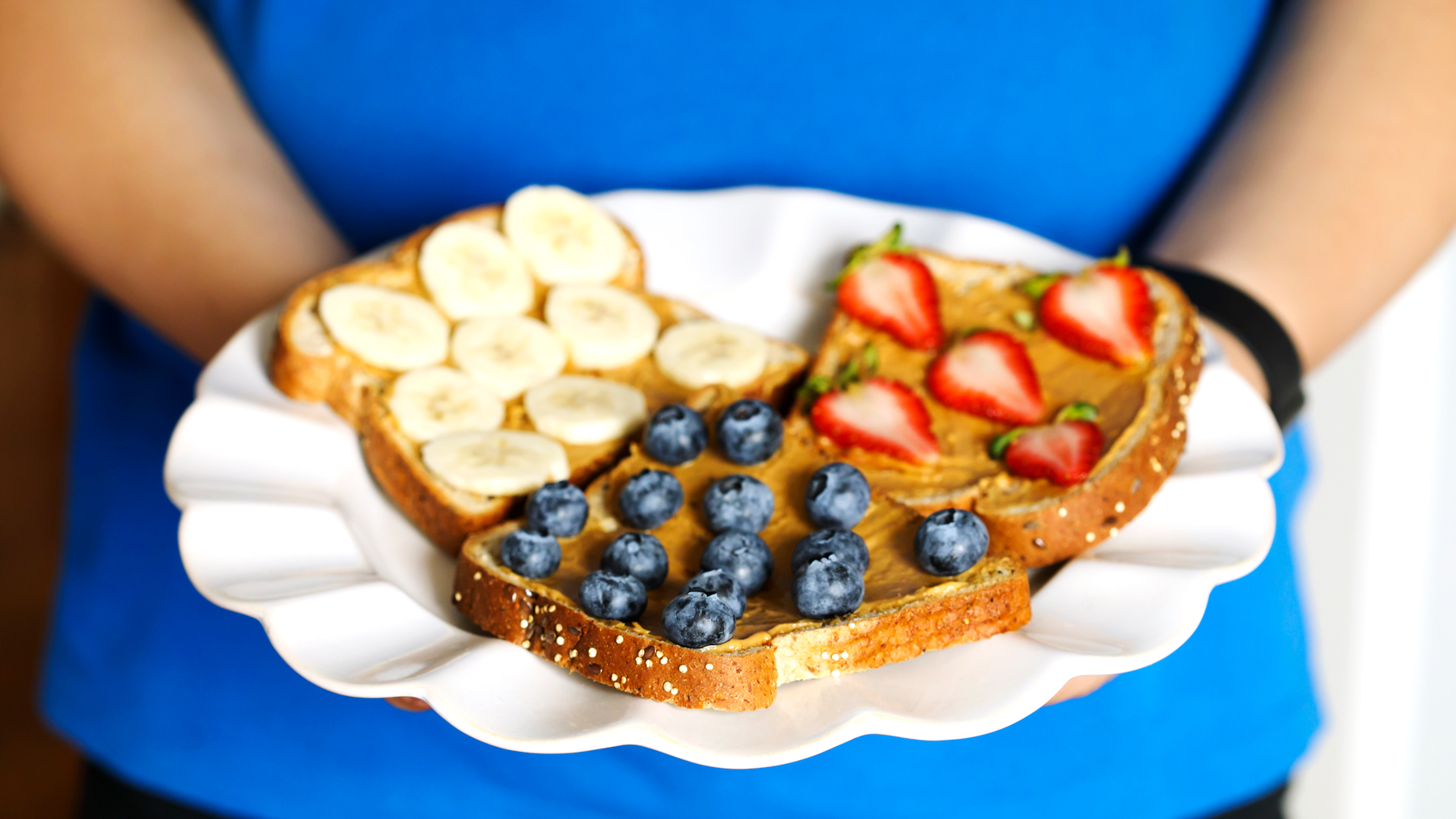
Should you avoid bad fats completely?
The USDA guidance for 2020-2025 recommends that less than 10% of your daily calories should come from saturated fat, so you can still fit some of the ‘bad’ fats into a healthy balanced diet. Also, while ‘bad fats’ such as saturated fats and trans fats can have negative impacts on our health when eaten in excess, avoiding them should not consume every waking moment. If you are eating a diet that is overall balanced and rich in nutrients, the odd donut when you fancy one won’t make you unwell. Our bodies are machines that process food very effectively, so as long as we don’t over consume, the nutrients we don’t use are stored in our bodies or passed out as waste. Aim to stick to the recommended daily amount for each nutrient every day, but also don’t forget to enjoy yourself, and remember that one day of overeating won’t hurt.
Hillard agrees that ‘banning’ certain foods isn’t helpful long term. “I am a firm believer that no foods should be ‘banished’ or ‘avoided’,” she says. “Avoiding foods which you enjoy will only make you want to eat them more and create an unhealthy relationship with food. Saturated fats include foods such as donuts, cakes, cheese, biscuits, high-fat cuts of meat. If you enjoy a slice of cake every now and again, perhaps at a special occasion, have the slice of cake. It won’t do any damage in small amounts and if you enjoy it then allow yourself to have it. You should, however, limit the ingestion of it… having a whole packet of biscuits alongside other fatty foods is not advisable.”
Want to find out more answers to popular nutritional queries? Find out all on; does protein powder make you gain weight? Or, read up on these seven nutrition myths busted.

Lou Mudge is a Health Writer at Future Plc, working across Fit&Well and Coach. She previously worked for Live Science, and regularly writes for Space.com and Pet's Radar. Based in Bath, UK, she has a passion for food, nutrition and health and is eager to demystify diet culture in order to make health and fitness accessible to everybody.
Multiple diagnoses in her early twenties sparked an interest in the gut-brain axis and the impact that diet and exercise can have on both physical and mental health. She was put on the FODMAP elimination diet during this time and learned to adapt recipes to fit these parameters, while retaining core flavors and textures, and now enjoys cooking for gut health.
-
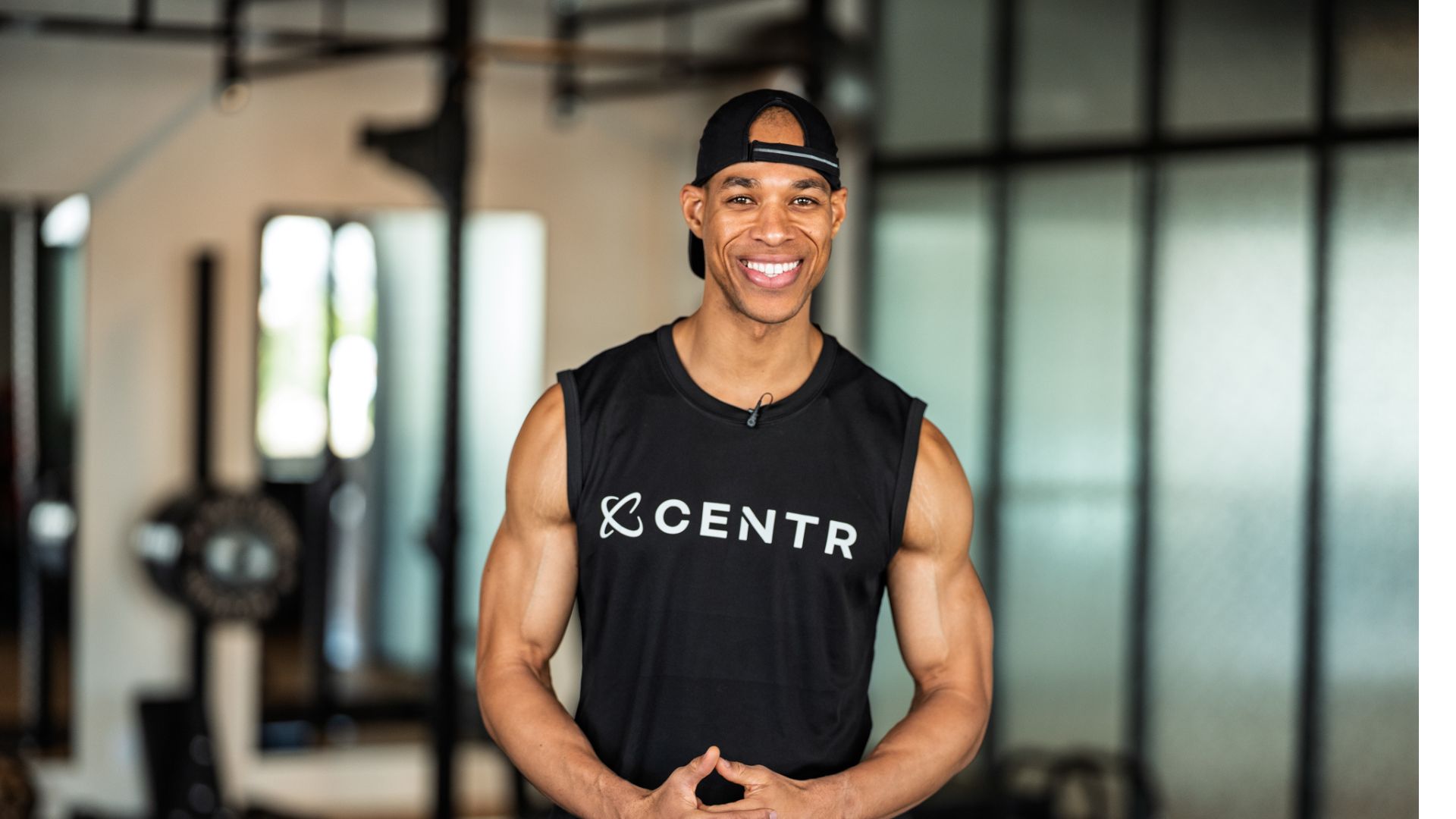 I do these two things every day to stay fit and healthy, says the newest star trainer on Chris Hemsworth's fitness app
I do these two things every day to stay fit and healthy, says the newest star trainer on Chris Hemsworth's fitness appHere's how Centr's Korey Rowe trains for longevity
By Sam Rider Published
-
 I thought sports weren't for me, until I realised they're a game-changer for ticking off cardio
I thought sports weren't for me, until I realised they're a game-changer for ticking off cardioI swapped HIIT and running for tennis—and I've never felt better
By Alice Porter Published